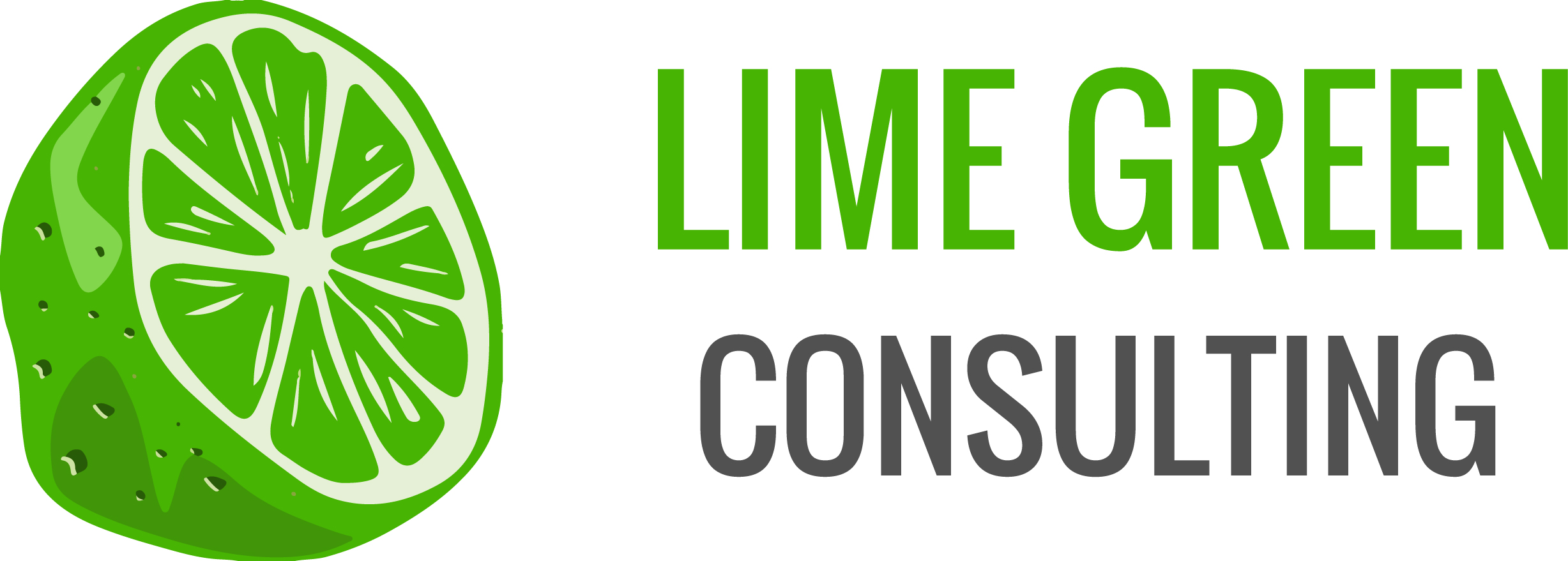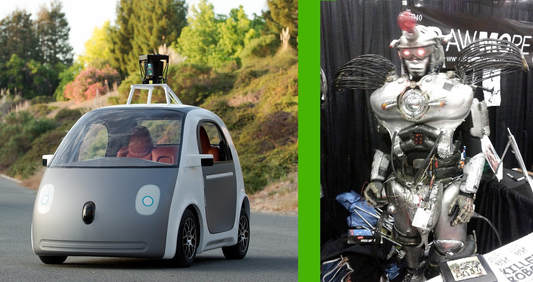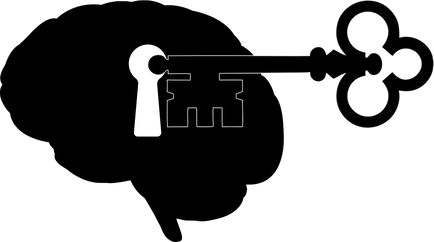|
I read recently that 116 Artificial Intelligence (AI) experts – including Elon Musk – have petitioned the UN to ban the development of autonomous weapons and ‘killer robots’. Elon Musk is one of the world’s most prominent tech entrepreneurs. His companies are revolutionising transport, both on the roads and in space - Tesla Motors has brought fully electric vehicles into the mass market. He's invested heavily in AI research, in his own words because he wants to “keep an eye on what’s going on.” I've long been fascinated by AI and autonomous technology. Without doubt it's going to completely change our lives – we've already seen the emergence of driverless cars and robots in Japanese hospitals to ease the burden on nurses. Stephen Hawking recently said that AI could hold the key to eradicating disease and poverty. On the flip side, there are growing concerns about what will happen if autonomous technology falls into the wrong hands. Hawking and Musk have both warned that it's the biggest threat to the survival of the human race. We're now just years away from huge autonomous weapons that can cause unimaginable loss of life at the touch of a button. Robots with vastly more capability than the human brain, but no moral code, no longer belong in the realm of science fiction. As technology races ahead, the debates about ethics and regulation fight to keep up. The technology for driverless cars already exists - it's the challenge of how we programme them that's holding things up. On the surface, this has nothing to do with charities and fundraising. However, I know that many of us have to battle with something that also has great potential to improve how we do things, but great destructive capability too. When you have big responsibilities in a small organisation, what role does self-doubt play? Is it a positive or a negative influence? My transition from fundraiser to charity consultant left plenty of room for self-doubt. When you stop working for an organisation, you leave behind the comfort that comes from being part of an established structure with a good reputation. For most of our first two years, I went into every major meeting or event with some kind of self-doubt. Am I well enough prepared? Will people appreciate my ideas? What if our training attendees find this exercise unclear or boring? Doubting yourself can be enormously beneficial, but too much self-doubt can be destructive and exhausting. It drove me to meticulously prepare for everything – if you naturally go through 20 different ways something could go wrong in your own head, more often than not it ends up going to plan! But the negative thoughts also meant I used up lots of nervous energy, spent too much time preparing for things that weren't essential, and got bogged down anticipating problems that didn’t really exist. Over time, I've gained experience and started doubting myself less. Generally I enjoy my work more as a result, but sometimes I also miss that ‘edge’ - fretting over small decisions or details can definitely help keep you on your toes. Working for a smaller charity is often a lonely experience, particularly if you’re in a senior role or you’re the organisation’s only expert in what you do. This can make self-doubt a double-edged sword. Often, your work isn’t subject to many checks and balances. Your colleagues or trustees may not know enough to meaningfully question your decisions, or reassure you that you’re on the right track. As a result, you may find you have a broad range of questions going round in your head:
So what's the right balance? I’m not sure I’m qualified to say, however personally I have a couple of ground rules: 1. You need to make self-doubt a 'force for good' in some way, that you can use to drive yourself forward and improve your work. 2. If it becomes draining or stops you enjoying what you do, you must address it, even if that means you lose out on some of the positives too. Like with autonomous technology, there's probably no holding back the 'technology' of self-doubt - it's hard-wired in most of our brains. The challenge is harnessing it in a positive way, and remembering to be kind to yourself along the way.
2 Comments
Sally
16/10/2017 08:36:50 am
Really interesting piece - this is something that so many people struggle with, across the charity sector and outside. Thanks for the practical advice!
Reply
sulekha
24/2/2018 08:02:59 am
A great content and very much useful to the visitors. Looking for more updates in future.
Reply
Leave a Reply. |
Like this blog? If so then please...
Categories
All
Archive
May 2024
|
Lime Green Consulting is the trading name of Lime Green Consulting & Training Ltd (registered company number 12056332)



 RSS Feed
RSS Feed